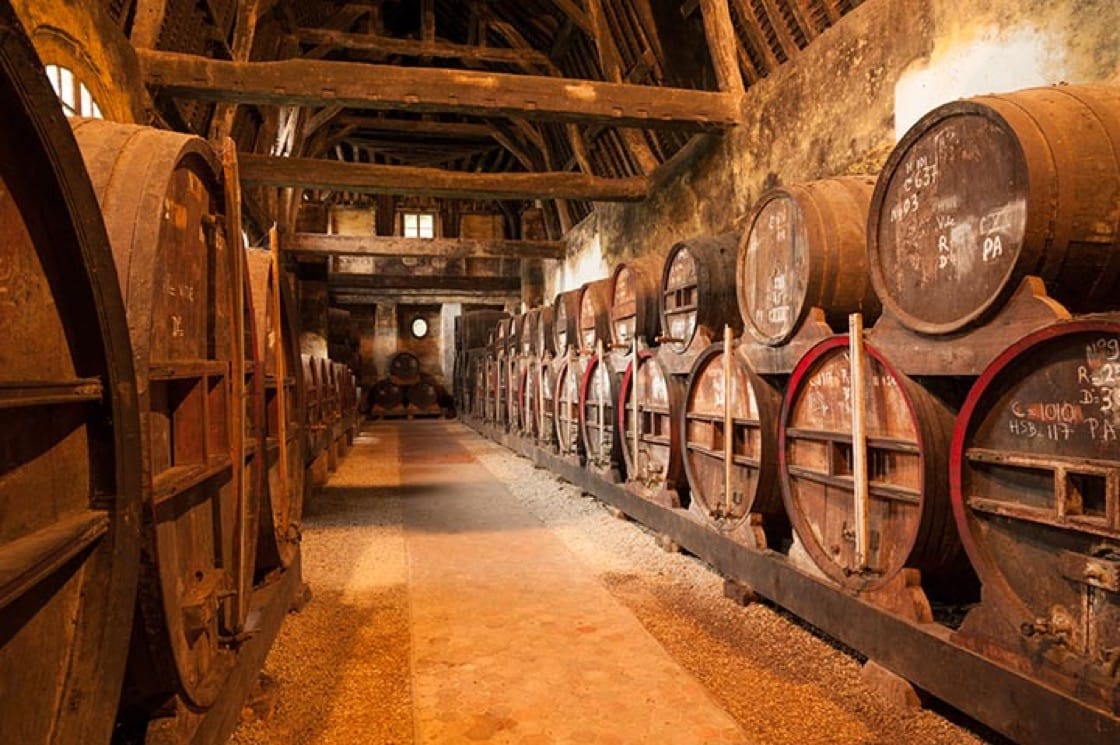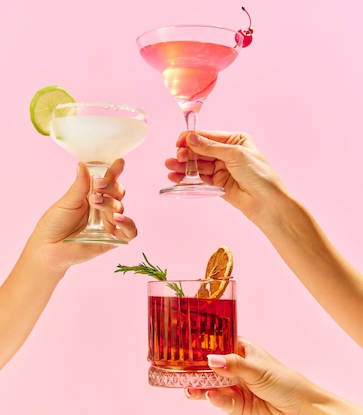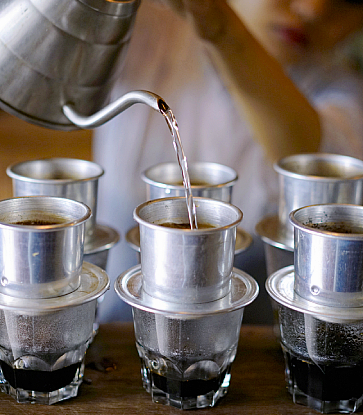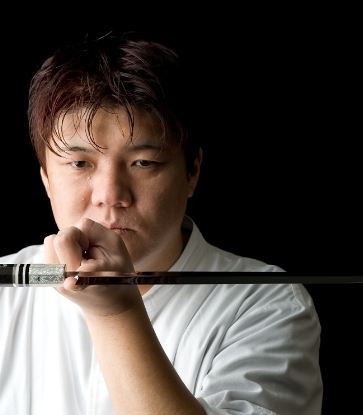The process of barrel-aging alcohol is a tradition that has been around for thousands of years (in fact, it’s believed that civilisations have been barrel-aging beer since the Bronze Age). The technique really is a science, and with so many elements involved, it can be a tricky thing to understand and master.
Whether you’re curious to try barrel-aging your own spirits at home or simply want to learn how to appreciate the deep, complex flavours of your favourite drink, here are five things you need to know about the ancient art.
1. You can age pretty much anything in an oak barrel
Depending on what you want your end result to be, the rules may be different for each type of alcohol, but you can throw almost anything in an oak barrel and let science do its work, including whiskey, rum, brandy, tequila, sherry, port, dry wines, beer, and lots more. You could even age hot sauce and balsamic vinegar if you wanted to.

1. The barrel type matters
The kind of wood that is used for the barrel has a direct impact on the quality (smoothness, and so on) and taste of the spirit. Basically, there are two types that exist: American and French oak. French barrels, which are lower in tannins, are usually charred slightly to create spirits that are smoky and spicy, while heavily charred American oak barrels are used to create smoky spirits that have a distinct vanilla flavour.
3. Barrel-charring affects flavours (and colours)
Speaking of barrel-charring, the process – how much it has been burned, how long it has been charred – really affects the flavour of the spirit. Aside from the obvious fact that you'll get stronger flavours with heavily charred barrels and sweeter flavours with lightly toasted ones, the chemical process and the breakdown of the tannin, vannillin, lignin compounds found in oak gives the spirit its colour. Other factors that affect the quality of the spirit include time - the longer a spirit is kept in a barrel, the drier it becomes - and temperature, which brings us to our next point...

4. Temperature, and humidity, is everything
Due to the occurrence of natural reactions like oxidation and evaporation, the climate and temperature at which the barrels are being aged is crucial to the results. When the climate is warm, a lot more changes occur and components are lost during the process. Humidity also plays a part – more ethanol (which brings depth to the flavour of the spirit) is lost when humidity is high, and in a low humidity environment, water levels (of sugar and colours in the resultant spirit) are significantly lower. Because of these factors, many distilleries based in warmer climates have to do things like store barrels in underground cellars, where the elements, such as temperature, can be controlled to a certain extent, and ensure the barrels are filled with spirit at a higher proof in order to avoid losing precious resources.
5. Barrels can be used - and reused - for a very long time.
Many think that using something made out of wood isn't practical because the latter won’t, but the fact of the matter is that you can use barrels for up to ten years – provided you take proper care of it, of course. If you are planning to do some barrel-aging as an experiment at home, learn to first cure the barrel by using hot water and be sure to always keep water in it when not aging spirits, as keeping barrels dry for a long time might cause it to leak.
We hope you've find this guide useful. Feel free to email us pictures of your own barrel-aging home experiments at lifestyle@michelin.sg and we might even feature you here!






















